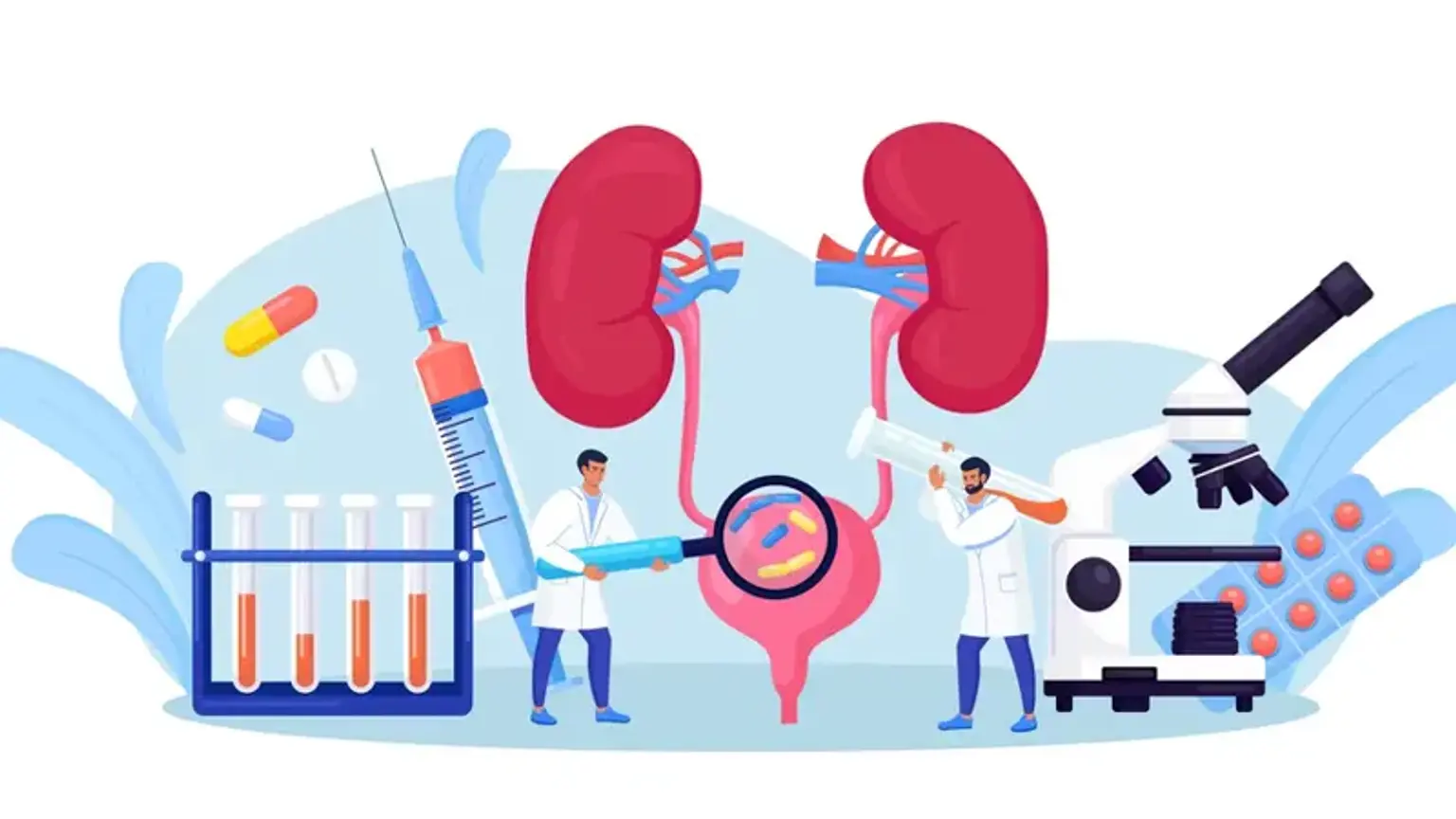Overview
The urinary system performs several significant roles, including managing, regulating, and eliminating urine wastes. Just like the other body organs and systems, the urinary system is also susceptible to a range of problems. Regardless of gender, age, and lifestyle, everyone can suffer from acute to chronic disorders.
Luckily urology is a specialized medical branch that helps with conditions of the urinary system. It deals with the functionality of the system and associated organs in both males and females. It also provides various treatment options, including surgical procedures, to address the conditions and ease associated symptoms.
